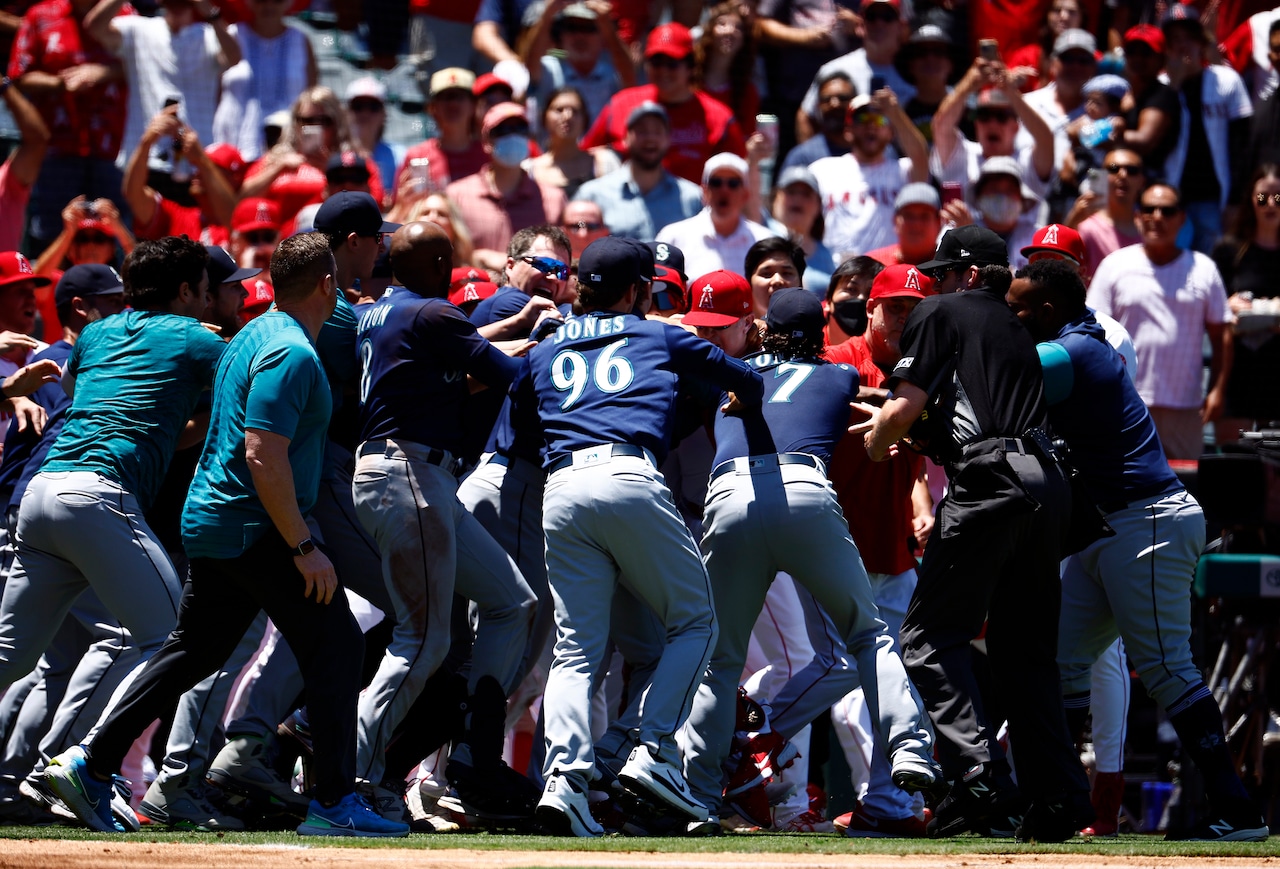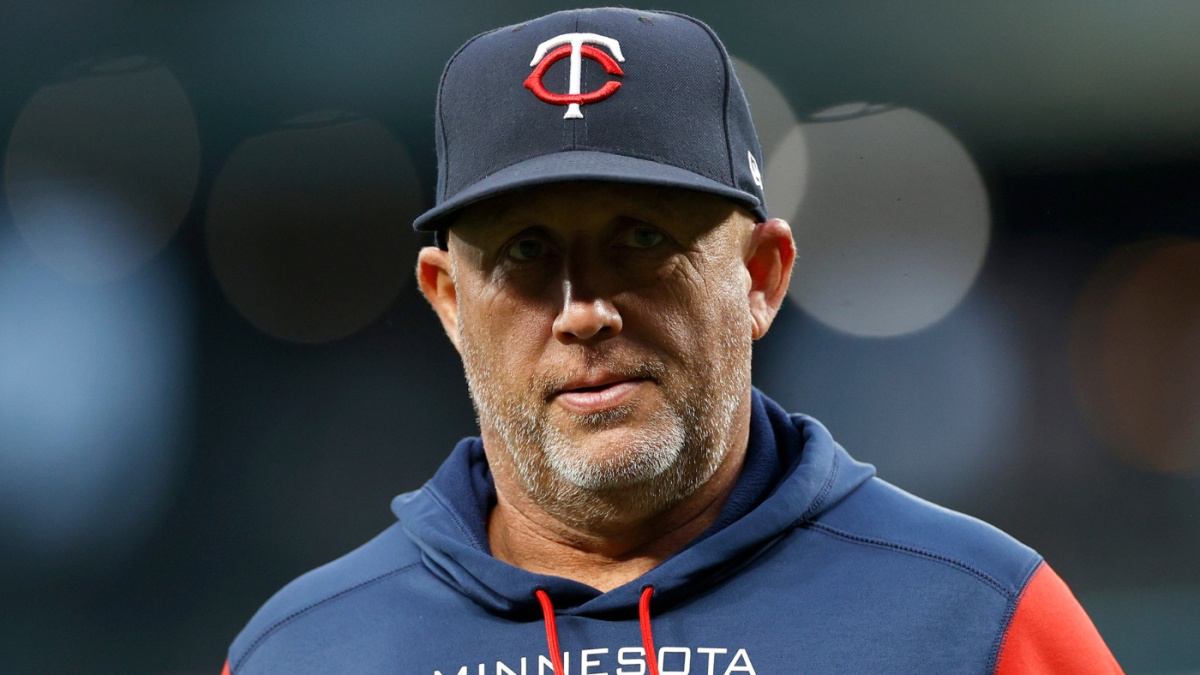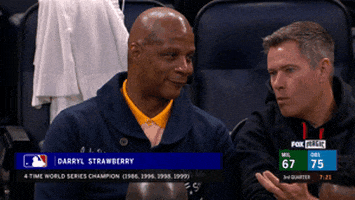probably both
but just take the first stat
For Runners on 1st Base
- For a single fielded by the RF or CF, the # of times the runner was held at second (and there was not a runner on second held at third).
- For a single fielded by the RF or CF, the # of times the runner advanced to third.
- For a single fielded by the RF or CF, the # of times the runner was out on the bases.
- For a single fielded by the LF, the # of times the runner was held at second (and there was not a runner on second held at third).
- For a single fielded by the LF, the # of times the runner advanced to third.
- For a single fielded by the LF, the # of times the runner was out on the bases.
- For a double fielded by any outfielder, the # of times the runner was held at third.
- For a double fielded by any outfielder, the # of times the runner was scored.
- For a double fielded by any outfielder, the # of times the runner was out on the bases.
- For a fly ball with less than two out caught by any outfielder with no runner on second, the # of times the runner held at first.
- For a fly ball with less than two out caught by any outfielder with no runner on second, the # of times the runner tagged and reached second.
- For a fly ball with less than two out caught by any outfielder, the # of times the runner was out on the bases.
- The # of advances on defensive indifference, passed balls, wild pitches, balks, and pickoff errors.
- The # of outs recorded due to pickoffs (w/ no CS).
in this one item.. it calc how often you do it vs the league avg.. then you get a WAR.
It does not matter, how the ball was hit, how it was fielded, how the field was, your lead, your secondary leader, the at bat period of the game.. etc. Doesnt even matter who you are playing against.
if you play on a better team with more hits behind you you get more chances and they all add up..
So if you get on 10 times and the ball is hit to right 10 times and 10 times Mookie is out there and you never advance to 3rd.. Negative War.. Some other dude is running and Granderson is in right and gets 2 3rd 10 x.. Pos. war.
its a stat based thing thats actually a tweak of someone else's Stat based thing to try and decide who adds value.
Its Statomatic baseball to the extreme without using Dice.
There is a reason guys on better teams tend to have better stats, better team mates. Thus better WAR.




